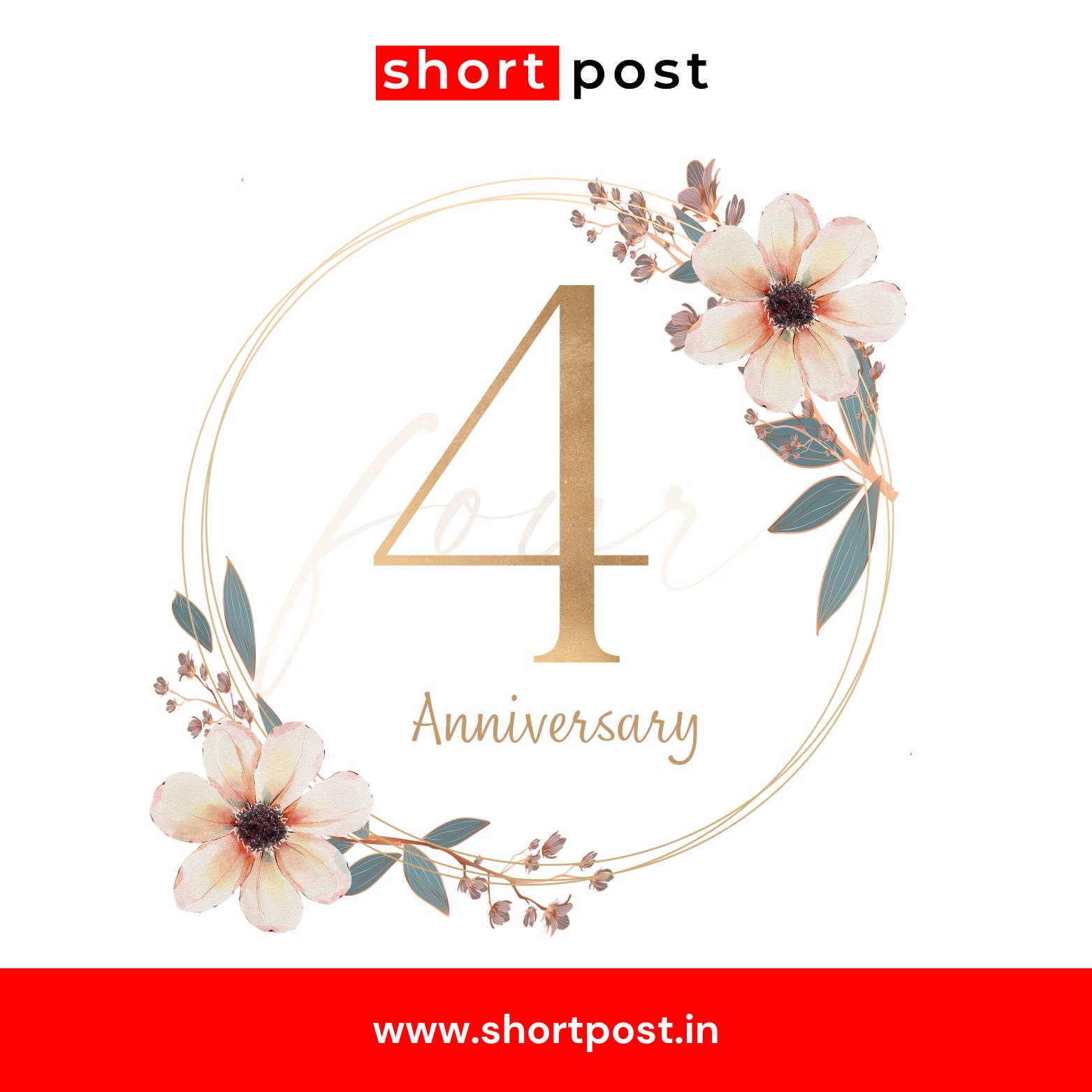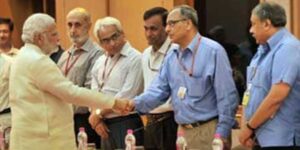Pump price for petrol includes excise duty levied by the Centre – with the States adding VAT to it, which varies from state to state. Higher the VAT, higher the fuel prices in that state. So, why are the Opposition parties throwing a fit on petrol breaching the Rs100-a-litre mark? It may be recalled that after years of deliberations, the current market-led pricing mechanism got stabilized since its implementation in June 2017. Hit hard by Covid-19, neither the Centre nor the States are in a position to reduce levies, which constitute 60% of the retail selling price of petrol, and more than 54% of diesel. Domestic prices should cool down hopefully in line with the projected international trends. If the government is forced to tweak taxes to moderate fuel prices, it will have to dismantle the whole reform process aimed at fixing market-determined prices. The economic reforms implemented after extensive deliberations and consensus over a long period must be kept out of opportunist politics. FM Nirmala Sitharaman is right in calling petrol price increase a ‘Dharmasankat.’ Clearly, both the Centre and the States have to abide by the ‘Raj Dharm’ to find solution to this sankat together.

 Politics
Politics Business
Business Entertainment
Entertainment Sports
Sports Celebrities
Celebrities






